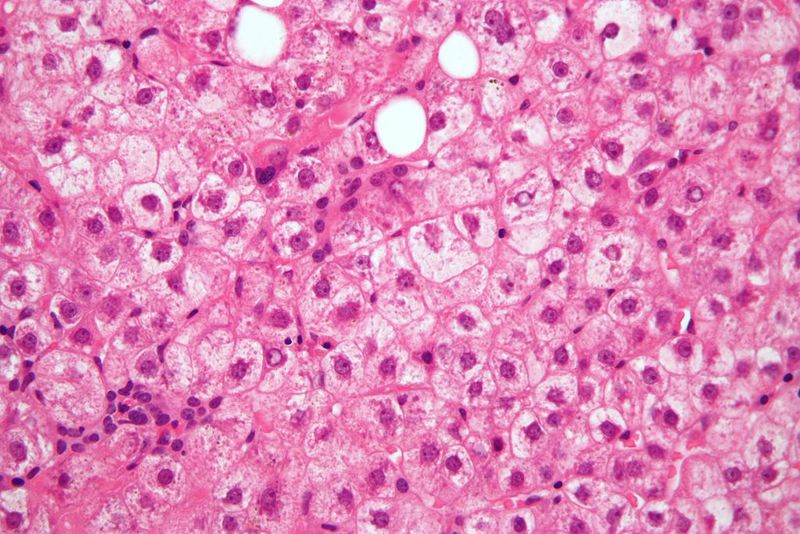
Boehringer Ingelheim has completed enrolment of patients in a Phase IIa clinical trial for the assessment of BI 1467335 to treat nonalcoholic steatohepatitis (NASH).
BI 1467335 is an oral, amine oxidase, copper containing 3 (AOC3) inhibitor directed against leucocyte adhesion and tissue infiltration in inflammatory processes associated with NASH.

Discover B2B Marketing That Performs
Combine business intelligence and editorial excellence to reach engaged professionals across 36 leading media platforms.
Formerly known as PXS‐4728A, the compound was originally developed by Australian pharmaceutical research company Pharmaxis. Boehringer acquired the therapeutic in May 2013 to study its applications in inflammatory diseases, including NASH.
The multi‐centre, double‐blind Phase IIa trial is being conducted in 114 NASH patients across a total of nine North American and European countries.
It will compare BI 1467335 with placebo over a 12-week treatment period and then a four-week observation period.
Primary objectives of the study are to determine proof of clinical principle, as well as evaluate suitable dosing and safety of BI 1467335.

US Tariffs are shifting - will you react or anticipate?
Don’t let policy changes catch you off guard. Stay proactive with real-time data and expert analysis.
By GlobalDataExpected to report data in the second half of this year, the Phase IIa trial will be followed by a Phase IIb study to validate and add to the findings.
Pharmaxis CEO Gary Phillips said: “Whilst we do not receive any milestone payments under our contract with Boehringer Ingelheim for a positive trial result, this will still be the first proof of clinical principle of the Pharmaxis drug acquired in 2015.
“A positive result will increase the likelihood of receiving future milestones with the next one being triggered by the start of a Phase III study.”
BI 1467335 is currently being further studied in a separate Phase IIa trial for the treatment of approximately 100 patients with diabetic retinopathy.





